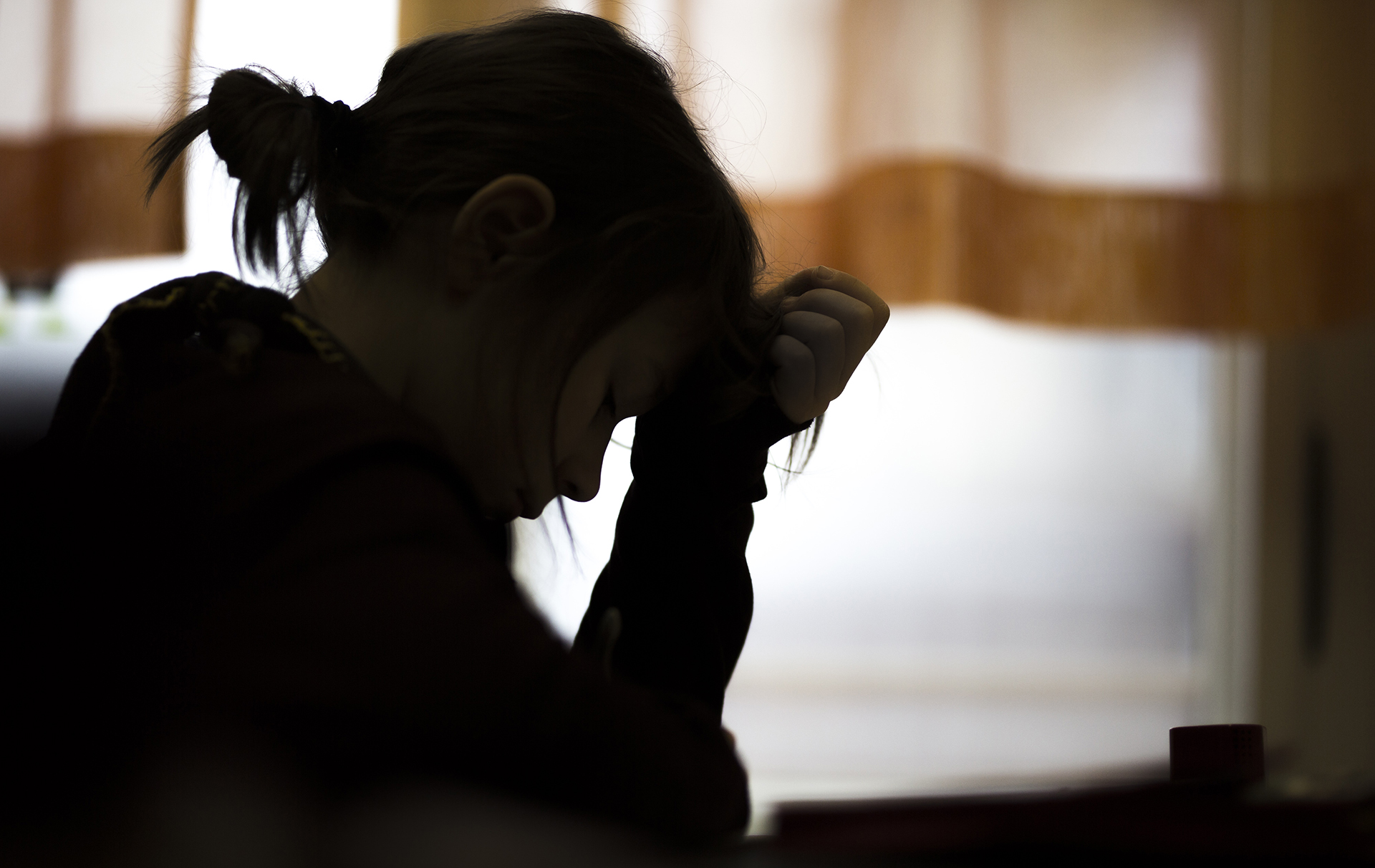Teachers warn zero tolerance policies in schools are 'inhumane'
Experts say that punishments that are too rigid and severe could do more harm than good.

Parenting advice, hot topics, best buys and family finance tips delivered straight to your inbox.
You are now subscribed
Your newsletter sign-up was successful
Experts say that punishments that are too rigid and severe could do kids more harm than good.
For many parents, finding the right school for their little one is one of their biggest worries. After all, once you drop your child off at the school gates, you can't look after them anymore.
Modern teaching methods are often thought of as soft, with many people assuming that the average teacher is at the mercy of pupils running riot. But according to National Education Union delegates, that couldn’t be further from the truth. In fact, one London teacher went as far as describing current classroom practices as ‘child abuse’.
Anna Wolmuth, who works at a school in Islington, told a teachers’ conference that children were being sent to isolation booths for very minor breaches of school rules. ‘Many of these young people have autism, or some form of special educational need,’ she explained. ‘And to get them to sit in a confined space in silence without the support that they need – I think it is inhumane.’
In 2018, a BBC investigation discovered that over 200 pupils in English schools had spent at least five days in a row in isolation booths during the previous year.

Teachers at the conference described how things like turning around in class, tapping, chewing, sighing and even communicating with canteen staff can result in detention, or up to six hours in an isolation booth.
‘In some schools if a pupil turns round it’s an immediate detention,’ said former maths teacher Carole Buxton, who used to work at a special school in Hackney.
Parenting advice, hot topics, best buys and family finance tips delivered straight to your inbox.
Another delegate revealed that a seven-year-old boy had been punished for saying ‘thank you’ to the canteen staff who had served him his lunch. ‘It was against the rules to speak to the staff serving school lunches,’ she explained.
Special needs teacher Callum Wetherill, who works in Leeds, said that in his experience, isolation is an ineffective punishment because children don’t respond well to being ignored. He suggested that trying to identify the causes of their problems would be more helpful than making them sit in isolation booths doing sums.
But a few teachers disagreed, with one claiming: ‘I remove children from the classroom because I care about their wellbeing.’
The union voted to research and review school behaviour policies so that they could provide guidance for schools and offer more support to members who raised concerns.
Samantha is a freelance writer at Goodto who has been with team since 2019. Initially trained in psychology, she specialises in health and wellbeing and has additionally written for magazines such as Women’s Health, Health & Wellbeing, Top Santé, Healthy, Refinery29, Cosmopolitan, Yahoo, CelebsNow, Good Housekeeping and Woman&Home.